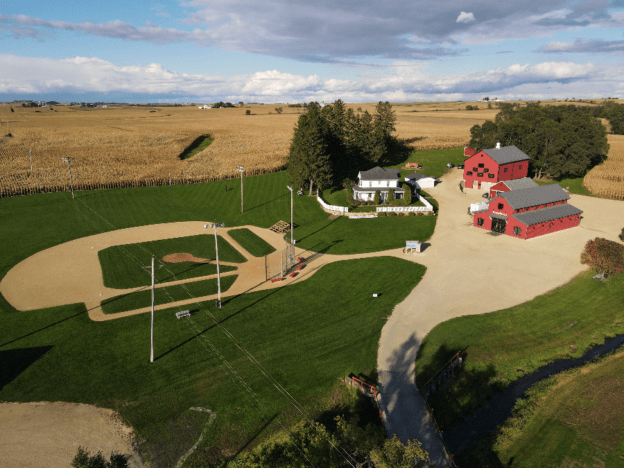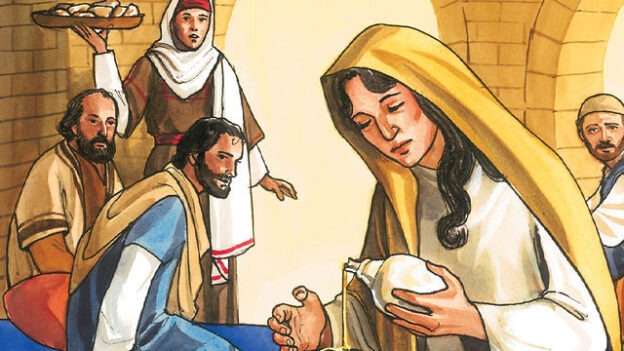Scripture Focus:
For merely listening to the law doesn’t make us right with God. It is obeying the law that makes us right in his sight. Even Gentiles, who do not have God’s written law, show that they know his law when they instinctively obey it, even without having heard it. They demonstrate that God’s law is written in their hearts, for their own conscience and thoughts either accuse them or tell them they are doing right. And this is the message I proclaim—that the day is coming when God, through Christ Jesus, will judge everyone’s secret life.
Romans 2:13-16 (NLT)
In our last discussion, I emphasized that virtues are a source of power for us, not simply a set of moral skills to be developed. Their power lies in the fact that they’re God-given, rather than humanly achieved. This can be a great source of confidence for us. We’re not alone in our quest to be the good selves God created us to be! God desires for us to be whole and is available always to provide us with the power to become complete and full human beings.
Because the virtues are gracious gifts of God that show the power of God’s goodness and love, they’re offered to all people. Each of us, regardless of our background, has access to the power of these virtues. They’re natural graces that are available to us simply because we’re human. They’re available to us because God desires all human beings to be whole and is dedicated to empowering them to be so. This is what Paul was referring to in our Scripture focus – Romans 2:13-16.
From the Christian perspective, the Gentiles are the world. This is a significant point for us. One of the unfortunate side effects of sin is that is causes us to delude ourselves into thinking that we, and we alone, are standing on the moral high ground. Certainly there are times when we’re blessed with insight and are indeed able to stand confidently on that hallowed hill. However, more times than not we’re mistaken; and our mistake is all the more grievous because we believe that we and/or our group is alone in rightfully claiming the moral high ground.
This is being played out vividly in the polarizations that mark so many cultures of our world, and Christians – of all political persuasions – are not immune. Our sin makes us unwilling to entertain the possibility that there might be a basis of legitimate, morally worthy opposition to ourselves. We can’t bring ourselves to admit that the people who disagree with us may have come to their conclusions through deliberate, thoughtful, maybe even prayerful consideration. This is hard for us to do because it makes us aware of the possibility we might be wrong and need to change our minds. It’s much easier and more comfortable to believe the other person is either crazy or stupid, or just not thinking straight. It makes us feel better about ourselves and our opinions, when we convince ourselves that if people just listened to us and tried to understand our point of view, they would change their minds and agree with us.
Paul’s assertion makes it clear that true moral character is not a matter of simply belonging to a particular group or holding a particular viewpoint. God provides all people, Christians and others, with the gracious power of the virtues. God offers them to everyone as a means of moving toward the good selves God created us to be. This means that if we are to take the virtues seriously in our own lives, we must also take them seriously in the lives of others. We must recognize that there may be others who disagree with us or who appear different from us, but who are also seeking to be morally serious in their lives. At the very least, this kind of recognition can open us to the opportunity for dialogue and productivity rather than accusation and acrimony. At its best, it can open us to the possibility of widening the commitment to the moral life that so many our societies so badly need.
The challenging implication is God provides all people, at least potentially, with the gracious power of the virtues. When we encounter others who think differently than we do, our wish should not be that they think like we do, but that they think like God does. That should be our prayer for ourselves, as well – to think like God.









